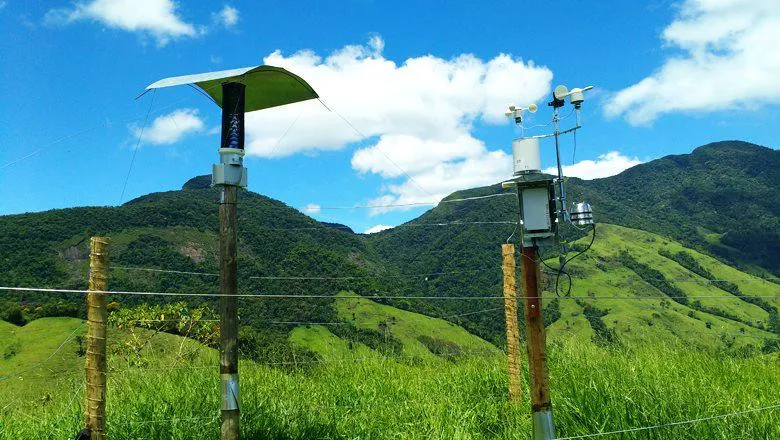16 May 2018
PhD students secure prestigious studentships
PhD students and members of The Dickson Poon School of Law's Climate Law and Governance Centre, have both successfully secured prestigious LISS DTP +3 Studentships (2018-2020).

Emily Webster and Laura Mai, PhD students and members of the School of Law’s Climate Law and Governance Centre, have both successfully secured prestigious LISS DTP +3 Studentships (2018-2020). The highly competitive award is funded by the UK Economic and Social Research Council and administered by the London Interdisciplinary Social Science Doctoral Training Partnership (LISS DTP), which brings together doctoral research students from King’s, Queen Mary and Imperial. LISS DTP +3 Studentships cover tuition fees and pay a monthly stipend. In addition, award holders have access to funding for fieldwork and overseas institutional visits that are undertaken as part of the doctoral degree.
Emily and Laura started their doctoral research at King’s in October 2017, and both are members of the LISS DTP “Political Ecology, Energy & Environmental Health” research pathway. Emily's supervisors are Professor Peer Zumbansen (lead) and Dr Leslie-Anne Duvic-Paoli (second). Her research fits within the expertise of her two supervisors, particularly Professor Zumbansen’s expertise in both regulatory governance and transnational law, and Dr Duvic-Paoli’s expertise in Public International Law and International Environmental Law. Laura is supervised by Dr Megan Bowman (lead) and Professor Zumbansen (second). Her project coincides with the research expertise of both supervisors, namely Dr Bowman’s expertise in researching the role of non-nation-state actors to address climate change (particularly corporations and finance institutions), and Professor Zumbansen’s expertise in transnational legal theory.
Emily’s research focuses on ‘climate change law’ in the context of transnational regulatory governance. The research analyses the development of existing fields of law at both the international and domestic level, such as environmental, tort and administrative law, which have over the last several decades evolved to address climate change. Her research takes an interdisciplinary socio-legal approach, taking account of valuable sociological, legal anthropological, international relations and economic perspectives, to analyse attempts to address both directly and indirectly the activities of corporations.
Laura’s research investigates the role of voluntary alliances of non-nation-state actors in the context of the United Nations (UN) climate regime. The aim of Laura’s project is, firstly, to empirically investigate how these alliances affect the behaviour and expectations of relevant constituencies through the setting of norms, and secondly, to analyse how such norms relate to the UN Framework Convention on Climate Change and the 2015 Paris Agreement. In so doing, Laura’s project seeks to contribute to contouring the role of law in global climate governance vis-à-vis other forms of normative ordering that take place in the climate context.
More information about the School’s Climate Law and Governance Centre is available here.
